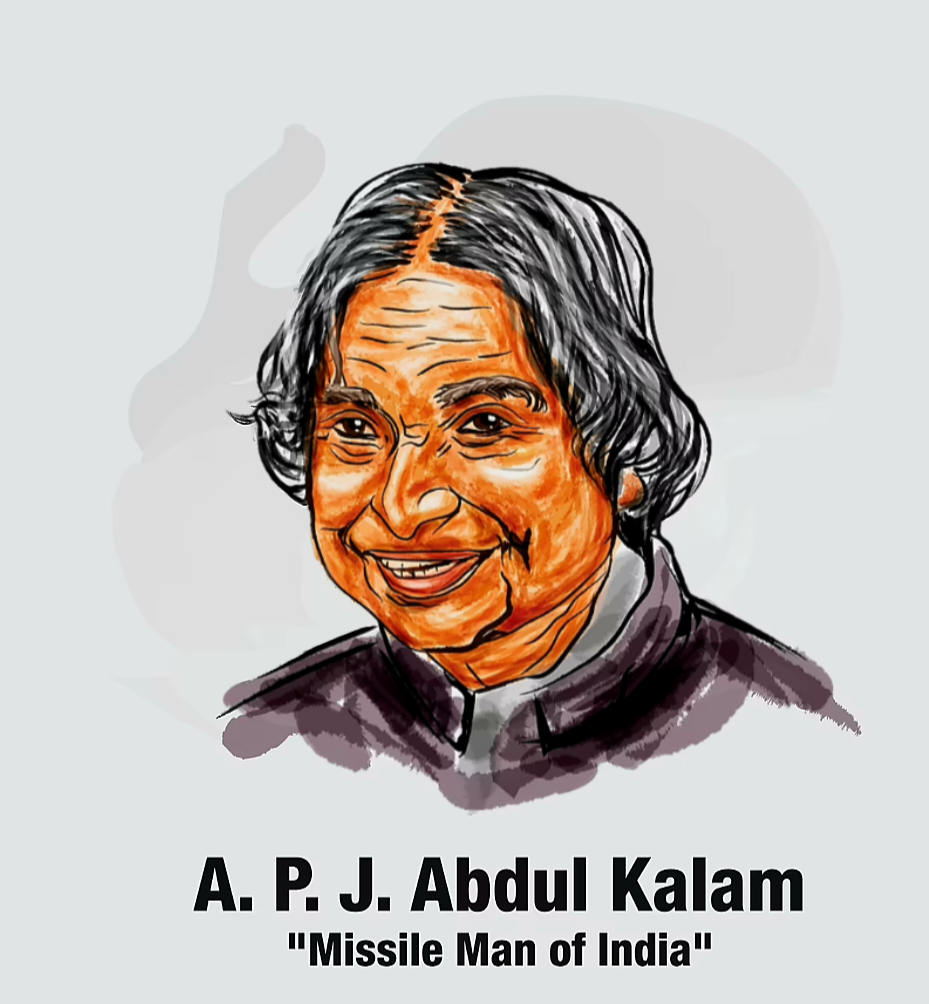A.P.J.ABDUL KALAM
October 15th holds great historical significance as the birth anniversary of Dr. A.P.J. Abdul Kalam, one of India’s🇮🇳 most respected scientists and the 11th President of the country. Born in 1931 in Rameswaram, Tamil Nadu, Kalam came from a humble background and rose to become a pioneering aerospace scientist. He played a crucial role in India’s civilian space program and military missile development, earning him the title "Missile Man of India." Kalam was a key figure in India’s Pokhran-II nuclear tests in 1998, which established India as a nuclear power. He worked extensively with the Defence Research and Development Organisation (DRDO) and the Indian Space Research Organisation (ISRO). His contributions to science and technology earned him the Bharat Ratna, India’s highest civilian award, in 1997. Despite his scientific stature, Kalam remained a humble, people-centric leader, deeply loved by the youth for his inspirational words and vision. He became President of India in 2002 and was known as the "People’s President" for his accessibility and simplicity. Post-presidency, he dedicated his life to teaching and mentoring students across the country. Kalam authored several books, including the famous Wings of Fire, which chronicled his journey from a small-town boy to a national icon. His vision document, "India 2020," outlined a roadmap for transforming India into a developed nation. Dr. Kalam was a strong advocate for education, innovation, and youth empowerment. He believed in dreaming big and famously said, “Dream is not that which you see while sleeping, it is something that does not let you sleep.” He passed away on July 27, 2015, while delivering a lecture, doing what he loved most—teaching. His legacy continues to inspire millions across India and the world.

